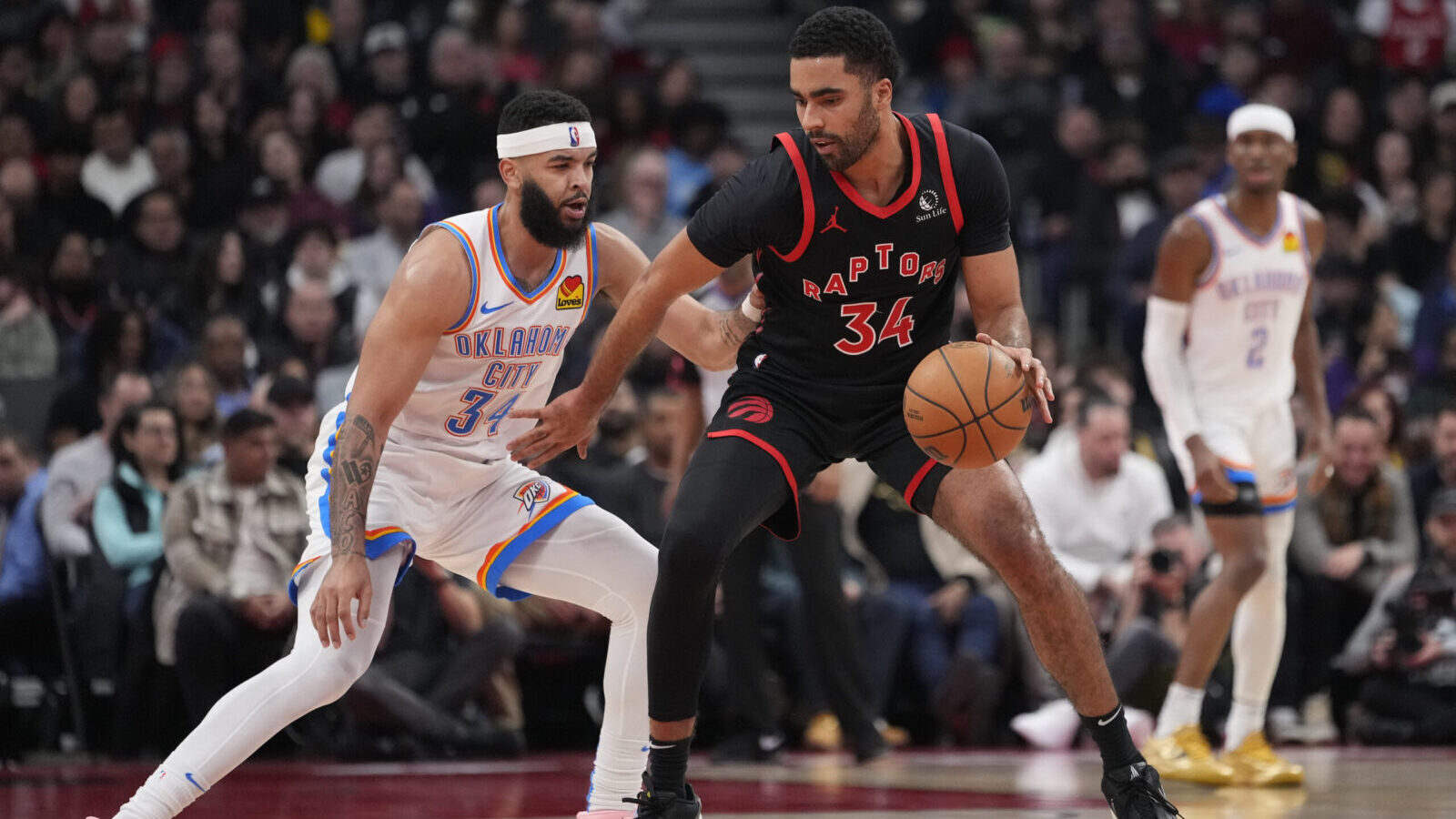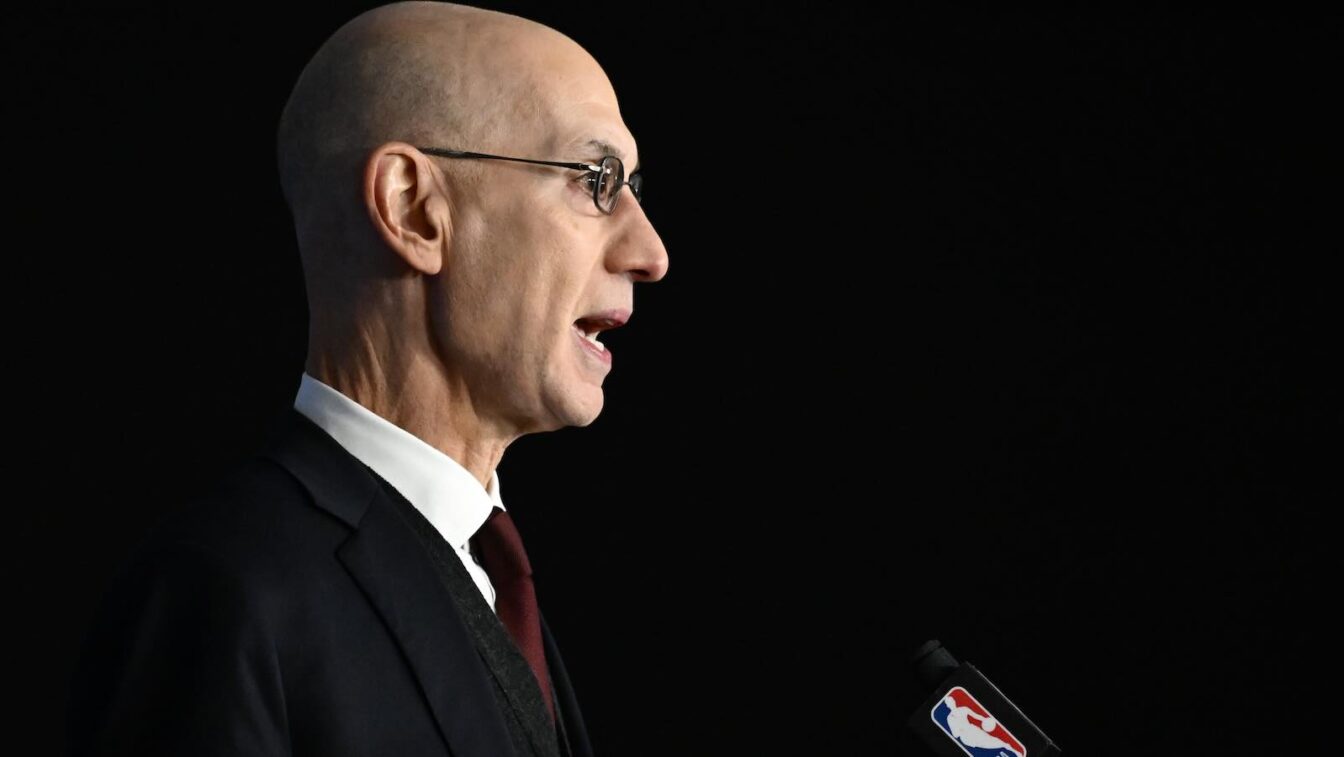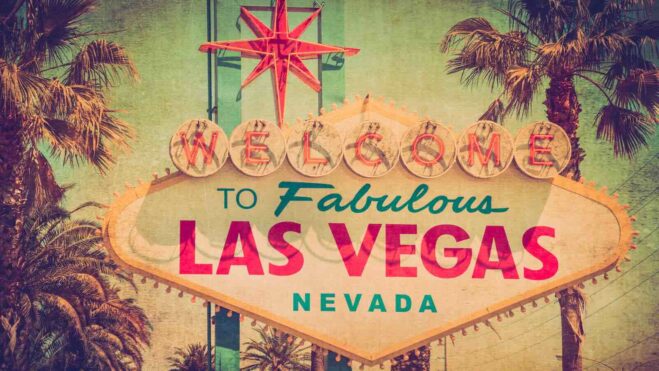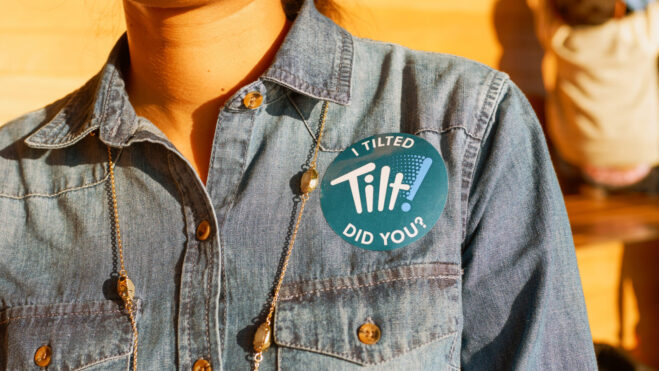NBA Player Prop Changes Are A Great Solution … In A World Without Offshores
Jontay Porter scandal won’t reoccur at regulated books, but that doesn’t mean it won’t reoccur
3 min

At least five major regulated sportsbooks confirmed to ESPN’s David Purdum on Friday that, going forward, they will not offer “unders” on prop bets for NBA players who are on either two-way or 10-day contracts.
This is a direct response to this past spring’s Jontay Porter scandal, which saw a Toronto Raptors bench player on a short-term contract allegedly intentionally fail to reach statistical benchmarks in at least two games to guarantee winning bets for himself and others. Porter checked out of games due to supposed illness or injury, and it was later determined that unusual betting had occurred based around his unders. In April, Porter received a lifetime ban from the NBA, and he also faces possible criminal sentencing.
So, FanDuel, DraftKings, BetMGM, ESPN Bet, and Caesars Sportsbook have all, following discussions with the NBA, agreed not to offer props like these on players in a position similar to Porter.
This is an entirely logical reaction. Individual player props for bench players represent such a minuscule part of the betting handle on NBA games — with spreads, moneylines, totals, and props on star players all far more popular markets. While props like a bench player’s points under can be useful for rounding out same-game parlays and such, one assumes the regulated sportsbooks will not suffer in any significant way from being unable to offer these fringiest of player props.
Unfortunately, the regulated sportsbooks complying does very little to reduce the threat to the NBA.
Beyond the reach of regulation
You see, there’s this thing called offshore sportsbooks. And as far as I’ve heard, none of them have had direct discussions with the NBA or agreed to comply with the league’s directives.
(By the way, as veteran bookmaker Robert Walker pointed out on LinkedIn, it’s a shame that the online sportsbooks needed the league to issue directives in the first place, labeling it “embarrassing.” But that’s a topic for another time.)
It was regulation that led to Porter getting caught — he and his associates were wagering on licensed betting platforms. Had they been using unlicensed books that operate in Costa Rica, Malta, the Isle of Man, etc., it’s an extreme longshot that anyone ever would have found out about their alleged scheme.
Will we see another scandal similar to Porter’s in the next few NBA seasons? My guess is no, but only because the players — even the ones making smaller salaries, like Porter, who are vulnerable to alternative money-making proposals — now fully understand the potential repercussions of getting caught.
But the fact that such wagers can’t be placed at DraftKings, FanDuel, etc., does nothing to eliminate the threat of another such scandal. It just makes it that much more likely that, next time, U.S.-based authorities won’t catch wind of it or be able to investigate it.
Everything needs to work in tandem
There is a large subsection of American sports bettors that will only ever use licensed sportsbooks. But there exists another subsection that, if they can’t find the betting product they want via regulated means in their state, will use offshore books.
To actually eliminate the possibility of a minor NBA player betting on his unders or facilitating the desires of others to bet on his unders, everything needs to work in tandem. It starts with regulated sportsbooks removing these unders from their menus, as they’ve agreed to do. It continues with every state regulatory body following Michigan’s lead and sending cease-and-desist letters to every offshore operator found to be available to customers in that state. It would also be necessary for states without regulated sports betting to send C&Ds, which seems a +10000 longshot.
It may be necessary for states to make it illegal for bettors to use offshore books. But that is only a reasonable thing to ask of American bettors if states also make it illegal for regulated sportsbooks to limit and/or ban successful (or potentially successful) bettors. Maybe it’s just me, but I don’t feel good about telling a bettor who can’t seem to place a bet for more than 10 bucks at any of the licensed books in his state that he’ll get fined or jailed for seeking an offshore alternative.
Until the entire regulated ecosystem is working in unison to root out the offshores, the problem isn’t solved; you’re just making it someone else’s problem.
The same goes for banning player props on college athletes — it’s sensible in theory, but it doesn’t mean people won’t find other ways to wager on those player props.
There are no easy solutions to guarantee the “integrity” of the sports we’re watching. That was true before 2018, it’s true post-PASPA, and it was true before there were casinos in Las Vegas (see Sox, Black). The decision reached by the NBA and the sportsbooks is an obvious and necessary step. But let’s not pretend it’s solved anything.
The saying goes that a chain is only as strong as its weakest link. As long as there’s one accessible sportsbook somewhere in the world taking unders on random NBA players’ stats, then the chain remains at risk of snapping.






